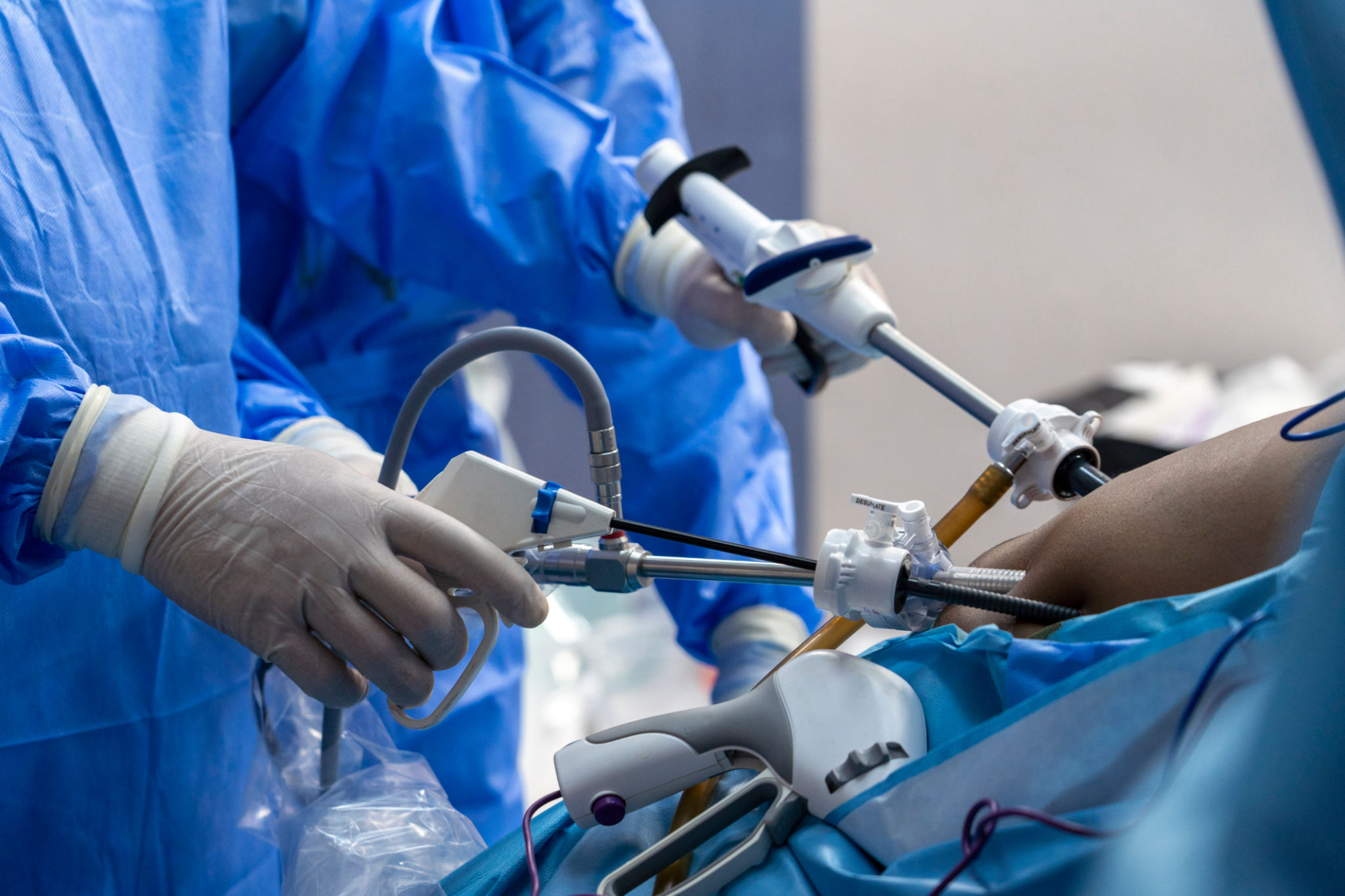Why Interventional Pain Management is Transforming Lives in Chicago
Understanding Interventional Pain Management
Interventional pain management is a specialized field of medicine that focuses on diagnosing and treating chronic pain through minimally invasive procedures. This approach has been gaining traction in Chicago, where many residents suffer from various forms of chronic pain that impact their quality of life. Unlike traditional pain management methods that often rely on medication, interventional techniques aim to address the root causes of pain.
These procedures include nerve blocks, epidural injections, and radiofrequency ablation. By targeting specific areas of the nervous system, these treatments can provide significant relief and improve functionality for patients. As a result, interventional pain management is transforming lives by offering long-term solutions instead of temporary relief.

The Rising Need for Pain Management Solutions
Chronic pain affects millions of people across the United States, and Chicago is no exception. The city's diverse population means that a wide array of conditions contribute to the prevalence of chronic pain, including arthritis, fibromyalgia, and back injuries. The economic and emotional toll of living with persistent pain can be overwhelming, leading many to seek out more effective treatments.
Interventional pain management offers hope for those who have struggled to find relief through conventional means. By focusing on minimally invasive techniques, these treatments reduce the risk of complications and provide patients with an opportunity to regain control over their lives.
Benefits of Interventional Techniques
There are several advantages to choosing interventional pain management. Some of the benefits include:
- Minimally Invasive: Procedures often involve small incisions or injections, which means less recovery time and lower risk compared to surgery.
- Targeted Relief: Treatments are designed to address specific areas of pain, providing more effective relief.
- Reduced Dependency on Medication: Many patients can decrease their reliance on pain medication, reducing the risk of side effects and addiction.

Innovative Treatments Available in Chicago
Chicago is home to some of the leading medical facilities offering interventional pain management. These centers provide cutting-edge treatments that are tailored to meet the individual needs of each patient. Some of the innovative procedures available include spinal cord stimulation, joint injections, and regenerative medicine therapies like platelet-rich plasma (PRP) injections.
Spinal cord stimulation involves the implantation of a device that sends electrical impulses to the spinal cord, helping to mask pain signals before they reach the brain. PRP injections use a patient's own blood components to promote healing and reduce inflammation in affected areas.
Patient Success Stories
The impact of interventional pain management on patients' lives cannot be overstated. Many individuals who have undergone these treatments report significant improvements in their daily activities and overall well-being. For example, one Chicago resident suffering from debilitating back pain found relief through epidural steroid injections, allowing them to return to work and enjoy hobbies they had once abandoned.

The Future of Pain Management in Chicago
As more people become aware of the benefits of interventional pain management, its popularity continues to grow. With ongoing advancements in medical technology and techniques, the future looks promising for those seeking relief from chronic pain in Chicago. Physicians are continually researching new methods to enhance the effectiveness and safety of these treatments, ensuring that patients receive the best possible care.
For individuals struggling with chronic pain, exploring interventional options could be a life-changing decision. As awareness spreads and accessibility increases, it's clear that interventional pain management is poised to transform even more lives in Chicago in the years to come.